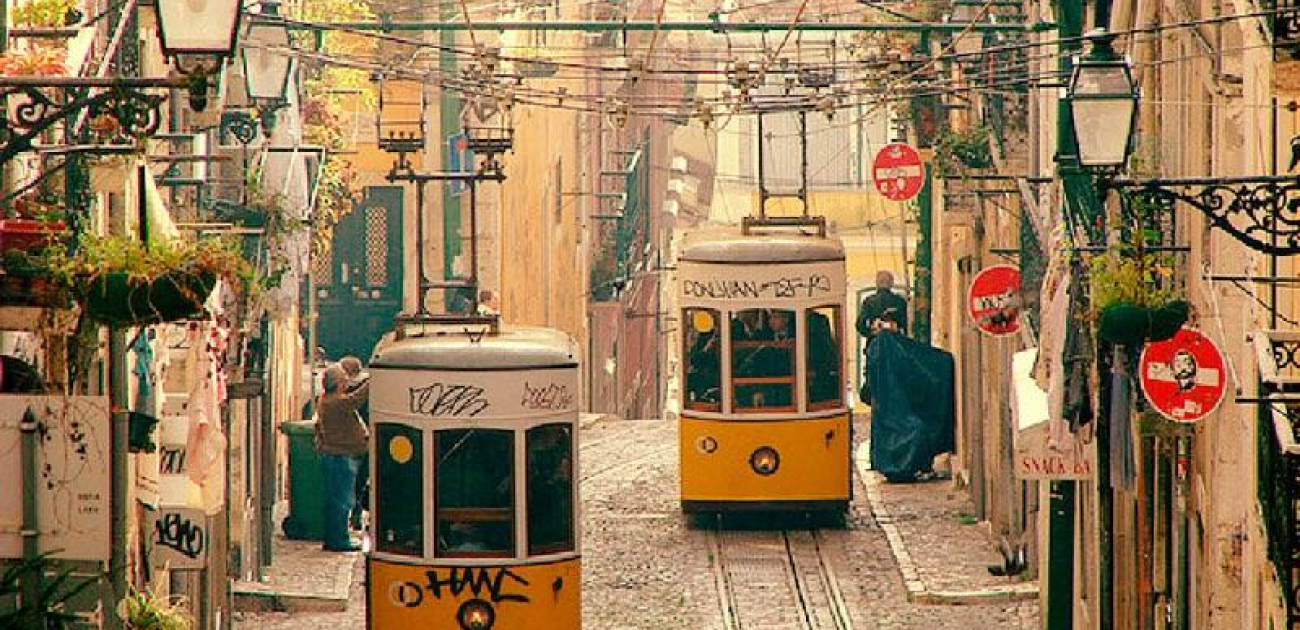Residence Permit for Foreigners within Portugal and the Schengen Area: Alternatives to the End of Golden Visa
Golden Visa[1], also known as Residence Permit for Investment Activity in Portugal, consists of a government programme which enables the award of a residence permit in Portugal for 5 years, for foreign citizens.
Therefore, once the realisation of certain types of investment is proven, real estate or otherwise, the qualified investor and respective family members are granted the right to live, work and study in Portugal, which also allows them to circulate freely within the Schengen Area of Europe.
In force, worst case scenario, until the end of March 2023 (when the Council of Ministers shall meet again to reassess the “Pacote Mais Habitação”, a measure that includes the new prohibition of issuing Gold Visas), Golden Visa can still be requested, although its success can no longer assured, given the lengthy nature of the procedure.
Strictly speaking, even if the measure lasts for a few more months – possibility that has been considered – we can always say that the uncertainty regarding the attempt to obtain the ARI will be considerably greater than before.
The golden visa is granted upon the verification of one of the 8 criteria foreseen for its framework. These criteria being:
- Acquisition, within the country or on the islands, of property with a value equal to or greater than €400,000 when new or €280,000 when the property is rehabilitated;
- Acquisition of old properties in urban rehabilitation areas with the minimum value of €250.000;
- To generate capital in an amount equal or superior to €1.5 million
- To create at least 10 jobs
- Or 8 when the company is located in a low density area
- To Invest in scientific research (at least 500.000 euros)
- Investing in artistic production, preservation or conservation of cultural heritage
- Investing in investment funds (minimum €500,000)
- To Invest in a commercial company with headquarters in national territory
Nevertheless, the attractive investment nature Golden Visa brings to Portugal, naturally an advantageous for the economic health of the country, in no way conflicts, when the investment occurs in territories with low population density, with the country's inefficiency to solve the rental and/or accommodation needs of national citizens in the big cities. Even so, the granting of such investment visas will no longer exist in the country.
In order to reinforce the impact Golden Visa has revealed in Portugal, we highlight the statistics presented by SEF which, very briefly, are as follows:
- Since October 2012, the Golden Visa Portugal programme has resulted in investments totalling €6,852,797,996.14;
- There have been 11,758 investors and 19,171 family members benefiting from the Gold Visa;
- A total of 981 Golden Visas were granted to investors in Capital Transfers
In any case, given the Portuguese Government will regarding the end of the Residence Permit for Investment in Portugal, it remains for us to present solutions to speed up the obtaining of residence visas for foreigners wishing to circulate in Portugal and throughout the Schengen Area.
And for that matter, the so-called D7 Visa has become popular among foreign citizens of Third States. In line with Regulatory Decree no. 84/2007, of 05 November, the D7 Visa comprises the issuing of a resident visa to all citizens who are not nationals of EU Member States who wish to reside in Portugal as a retired citizen or with their own income, which naturally allows them to move freely throughout the European Space and Switzerland.
The scope of the D7 Visa is, in a way, more restricted than Golden Visa, as it is a residence visa aimed mainly at pensioners or holders of own income obtained in their country of origin (namely from pensions, income from land and real estate capital gains, shares, intellectual or industrial property, or salary from remote working).
On the other hand, it has some advantages over the Golden Visa, namely in terms of costs, given the reduced fees that the applicant is obliged to pay, when compared to those required for the ARI. Likewise, it does not necessarily imply a prior investment.
There are, in turn, some alternatives to the D7 Visa, such as the D2 Visa and the D3 Visa, the former translating into the issuing of a residence visa for the exercise of independent professional activity or for entrepreneurial immigrants and the latter translating into the issuing of a residence permit and visa for teaching activities, highly qualified or cultural activities.
And among others, we mustn’t disregard the issuing of residence visas to students, interns and researchers, referred to in articles 91, 92 and 93 of Law no. 23/2007, of 4th July.
Thus, despite the relevance that the visas described in the last two paragraphs above may assume, the special deference attributed to the D7 Visa is glaring, given the ease associated, highlighted by the fact of the mere quality of owner of own capital such as capital gains in real estate, shares or intellectual property in the respective country of origin are enough to fulfil the requirements.
In addition to the temporary residence permit requested following the issuing of the D7 Visa, renewable for successive periods of 3 years, and the possibility of applying for permanent residence in Portugal after 5 years of temporary residence, there are other advantages result from D7 visa, which we thoroughly intend to approach in the near future.
[1] Enshrined by law Law no. 29/2012, of 9 August.


